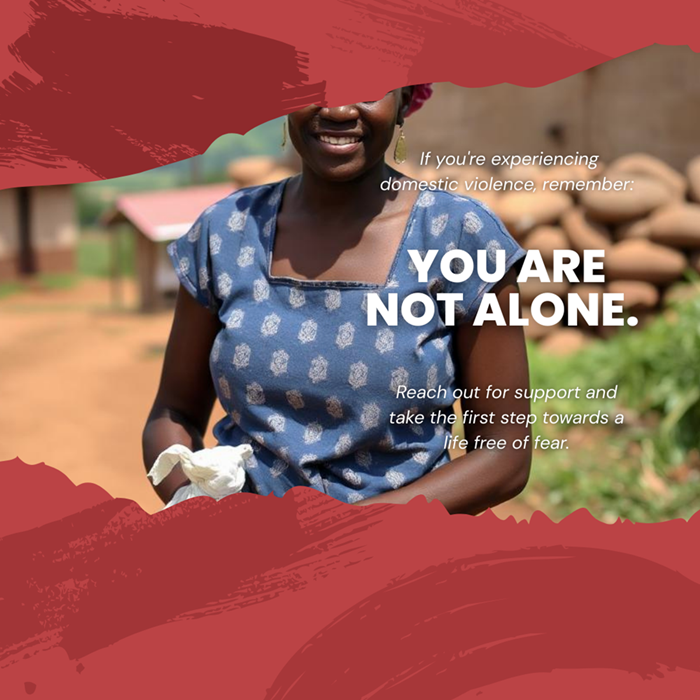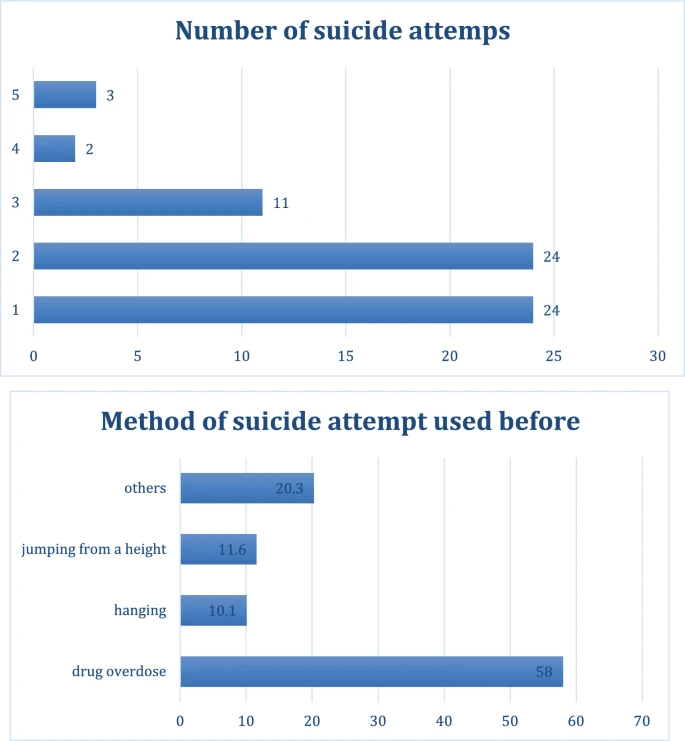A Heartfelt Journey: Recognizing the Hidden Struggles of Domestic Workers and the Call for Support

Mukakalisa had been working as a domestic worker in Kigali for almost five years. Every morning, she woke up early, prepared breakfast for her employer’s family, cleaned the house, and took care of the children. Yet, despite her hard work, she felt trapped in a cycle of exhaustion and frustration. She often wondered if her efforts would ever bring her closer to a better life. Deep inside, Mukakalisa sometimes felt overwhelmed by loneliness, her chronic medical condition, and the weight of supporting her large family back home.
One day, overwhelmed by these feelings and without hope for change, Mukakalisa sat alone in her small room and thought about ending her life. She felt her struggles were unending, and the pain seemed unbearable. She remembered the quiet conversations she had with other domestic workers in her community, who shared similar feelings of despair. The thought haunted her: was she the only one feeling this way?
Fortunately, before she could take any drastic step, a community health worker visited her and others like her. During their conversation, Mukakalisa was gently encouraged to speak about her feelings. She was also linked to local mental health services where she learned that she was not alone, and that her feelings—though intense—were shared by many others facing similar challenges.

This story echoes findings from a recent study conducted by the Health Development Initiative (HDI) in Rwanda. The study revealed that a significant number of domestic workers, like Mukakalisa, experience suicidal thoughts, plans, and attempts. Specifically, about 32.5% of domestic workers reported having suicidal ideations in the past year, and nearly 8% had tried to take their own lives.
The research identified key factors associated with these distressing behaviors. Women, especially those with chronic medical conditions like Mukakalisa’s, are at higher risk. The study also found that longer years of working as a domestic worker and having many dependents in the household further increase the likelihood of suicidal behaviors. Interestingly, having a secondary education appeared to offer some protection, helping workers develop coping skills and resilience.
What the study emphasizes is the urgent need for targeted mental health support tailored to domestic workers’ unique challenges. It calls on policymakers, health professionals, and employers to create safe environments where domestic workers can seek help without stigma and feel supported.
For Mr. Rukundo Faustin, a Community Health Worker in Agatare Village in Kinyinya Sector, “Domestic workers endure many hardships — long hours, emotional stress, and sometimes abuse — all in silence. Their work is invaluable, yet their well-being is often overlooked.”
For this, Householder owners like, Munganyinka Marie Rose ““Employers must recognize the domestic workers struggles and provide them with the support they deserve—through mental health services, fair working conditions, and even education where possible.”
“ Only then can we truly honor their effort and protect their lives.” She added

By Ange de la Victoire DUSABEMUNGU

SUBSCRIBE TO OUR NEWSLETTER



















